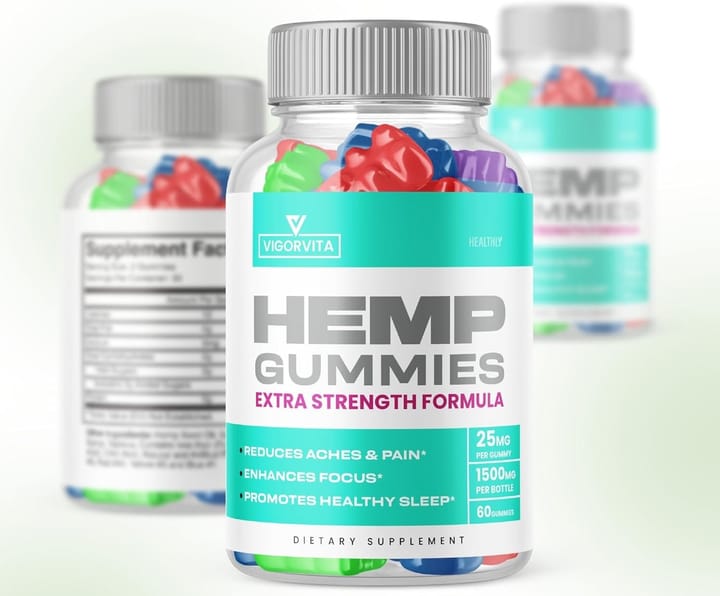Can You Use CBD Gummies for Other Mental Health Issues, Like Depression?
Can CBD gummies help with depression? Explore their potential benefits and risks.

CBD gummies are widely recognized for their potential in managing anxiety, but can they also help with other mental health issues such as depression? With growing interest in cannabidiol (CBD) as a natural remedy, understanding its potential impact on mental health becomes essential. This article delves into the science, potential benefits, risks, and practical considerations for using CBD gummies as a complementary treatment for depression.
How CBD Works in the Brain
CBD interacts with the endocannabinoid system (ECS), which plays a vital role in regulating mood, sleep, and emotional responses. Unlike THC, CBD is non-psychoactive, meaning it does not produce a "high." Instead, it influences serotonin receptors, particularly the 5-HT1A receptor, which may play a role in alleviating depressive symptoms.
Learn more about the endocannabinoid system.
Current Research on CBD and Depression
While studies on CBD for depression are still in early stages, initial findings are promising:
- Animal Studies:
Research in rodents has shown that CBD produces fast-acting antidepressant-like effects, suggesting potential benefits for mood regulation.
Explore the study. - Human Trials:
Limited human studies have indicated that CBD may reduce depressive symptoms, although more robust clinical trials are needed to confirm efficacy.
Read the human trial overview. - Systematic Reviews:
Reviews of existing research highlight CBD's potential in psychiatric conditions but emphasize the need for well-designed human studies.
Access the review.
Potential Benefits of CBD Gummies for Depression
CBD gummies may offer the following advantages for individuals with depression:
- Mood Regulation:
CBD's interaction with serotonin receptors may enhance mood and reduce feelings of hopelessness. - Reduction in Anxiety Symptoms:
As anxiety and depression often coexist, CBD’s anxiolytic effects may provide additional relief. - Improved Sleep Quality:
CBD may promote better sleep, addressing insomnia commonly associated with depression. - Convenience and Consistency:
Gummies provide a discreet and easy way to consume CBD, with pre-measured doses ensuring consistent intake.
Risks and Side Effects of Using CBD Gummies
While CBD is generally well-tolerated, there are potential risks and side effects to consider:
- Dry Mouth:
CBD may reduce saliva production, causing discomfort. - Drowsiness or Fatigue:
High doses may lead to excessive drowsiness. - Digestive Issues:
Some users report nausea or diarrhea, especially at higher doses. - Drug Interactions:
CBD can interact with medications, such as antidepressants or blood thinners, potentially altering their effects.
Learn more about CBD interactions. - Unregulated Market:
Variability in product quality and purity can pose risks. Always choose lab-tested products.

Practical Tips for Using CBD Gummies for Depression
- Consult a Healthcare Provider:
Discuss potential benefits and risks with your doctor, especially if you are taking other medications. - Start with a Low Dose:
Begin with the smallest recommended dose and adjust gradually based on your response. - Choose High-Quality Products:
Look for third-party lab-tested gummies to ensure product purity and potency.
Find reputable brands. - Monitor Effects:
Keep track of your mood, sleep patterns, and any side effects to determine if CBD is helping.
Limitations and the Need for More Research
While CBD shows promise as a complementary treatment for depression, it is not a replacement for traditional therapies such as psychotherapy or prescription antidepressants. Ongoing research is critical to better understand its long-term effects and optimal usage.
Conclusion
CBD gummies offer a convenient and potentially effective way to manage symptoms of depression, thanks to their interaction with serotonin receptors and mood-regulating properties. However, due to limited clinical evidence, they should be considered as a complementary approach rather than a primary treatment. Always consult with a healthcare professional before incorporating CBD into your mental health regimen.



